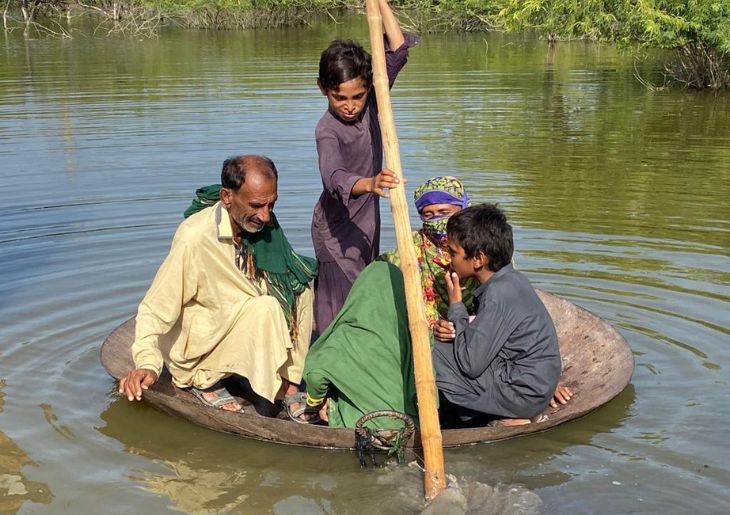
One of the biggest floods in recent years has put millions of people at risk of homelessness, hunger and even death. In particular people living in poverty, together with women and children are adversely affected by the crisis. According to UN, there are almost 650,000 pregnant women in the flood-affected areas, with almost 73,000 women expected to deliver in the next month. Many health facilities are partially or fully damaged and gender-based violence is expected to rise.
RDHR is one of the many local organisations who carry out emergency response. Medical assistance, food distribution, shelter provision and WASH are the top priorities of RDHR's intervention. Below are the photos of ongoing activities.

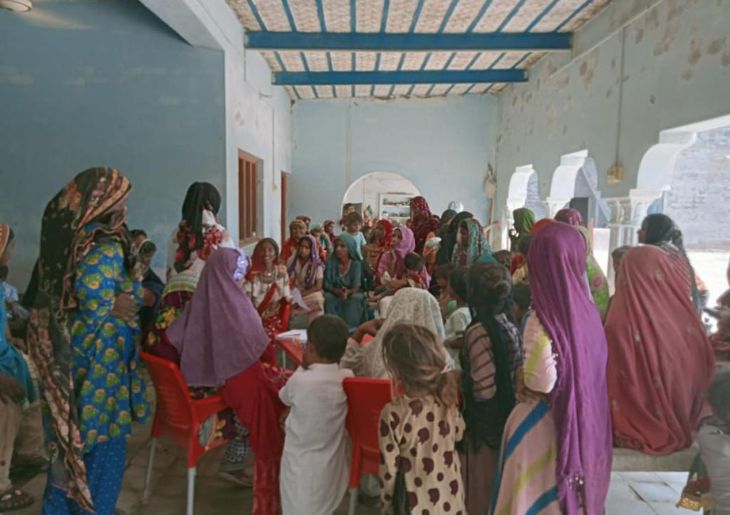
The team RDHR is giving medical assistance to the women and children in the village Khan of Mirpurkhas

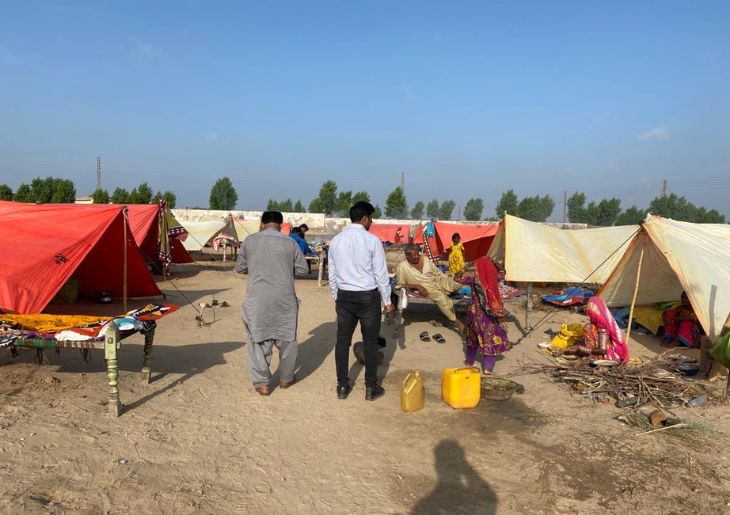
Conducting the need assessment in cattle colony IDP camp UMERKOT


RDHR team is in the village Tedi Mori Jhuddo to distribute mosquito nets to children. Currently, both malaria and dengue are spreading in the areas after flood water in Jhuddo Mirpurkhas.
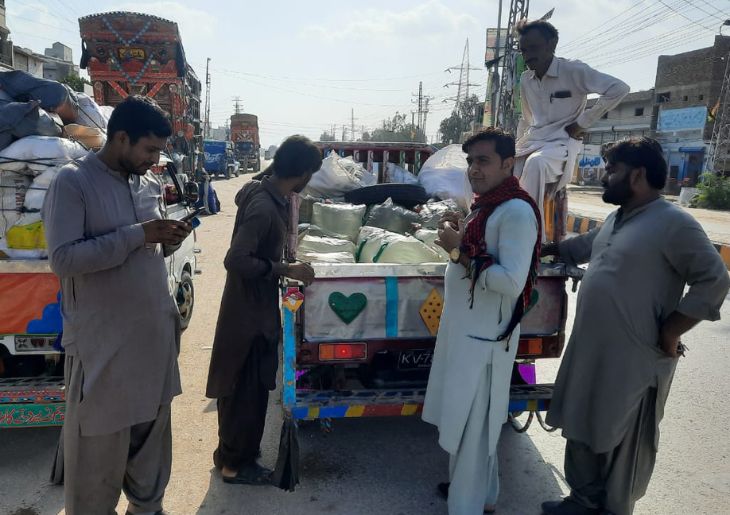
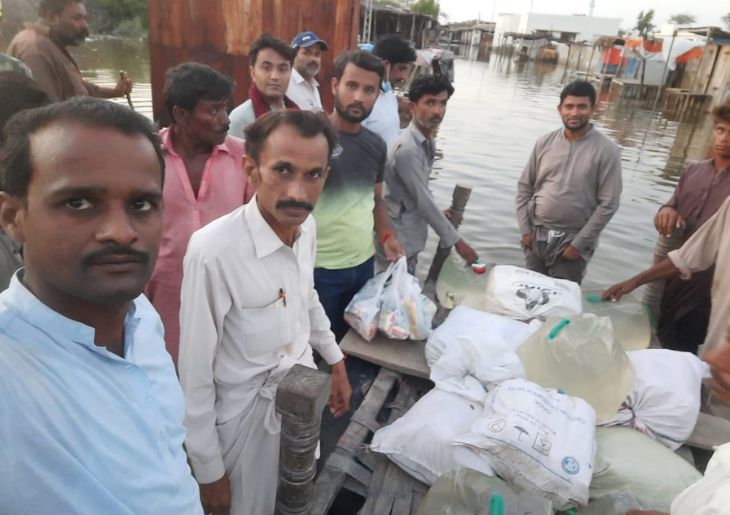
Dengan city of Mirpurkhas, Sindh, was one of the badly affected by the rain, which later transformed into a heavy flood, affecting local communities. Many left their households, and for those unable to migrate, RDHR provided food and safe drinking water.